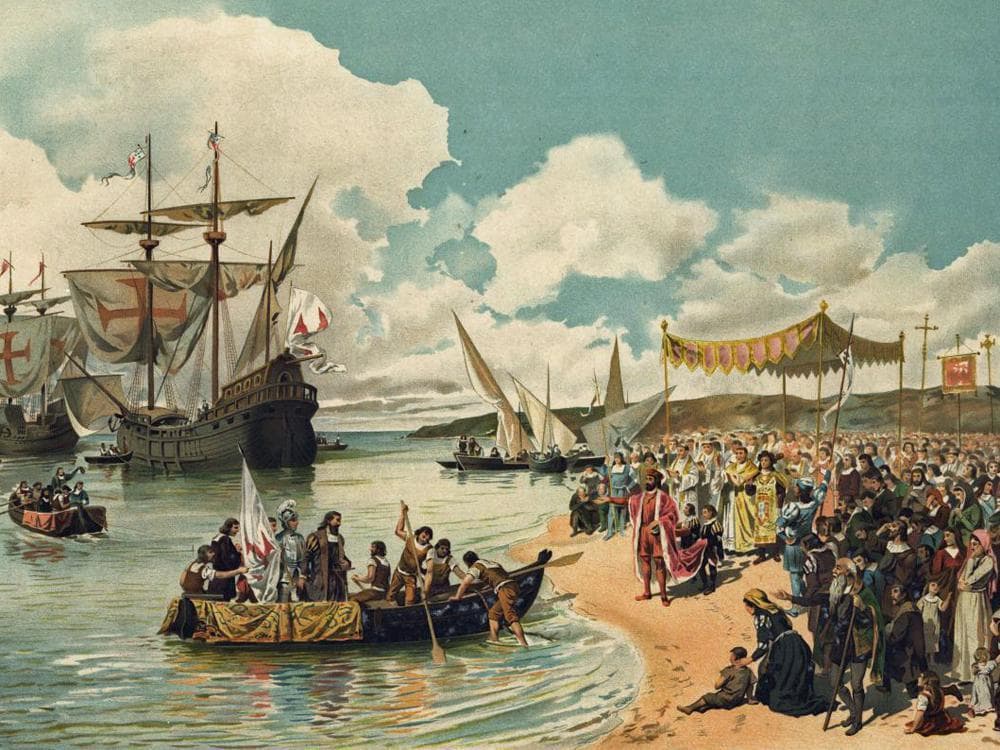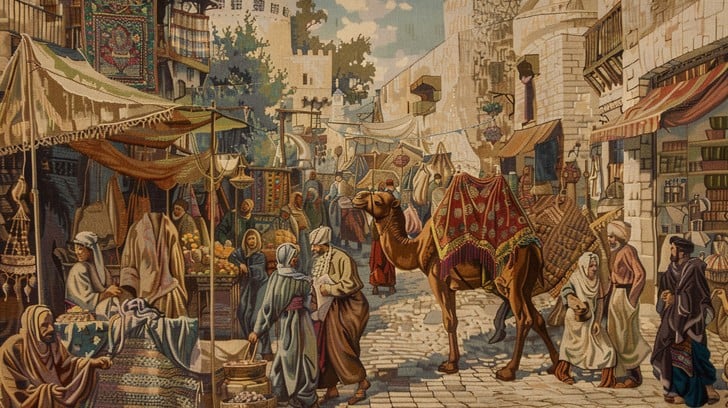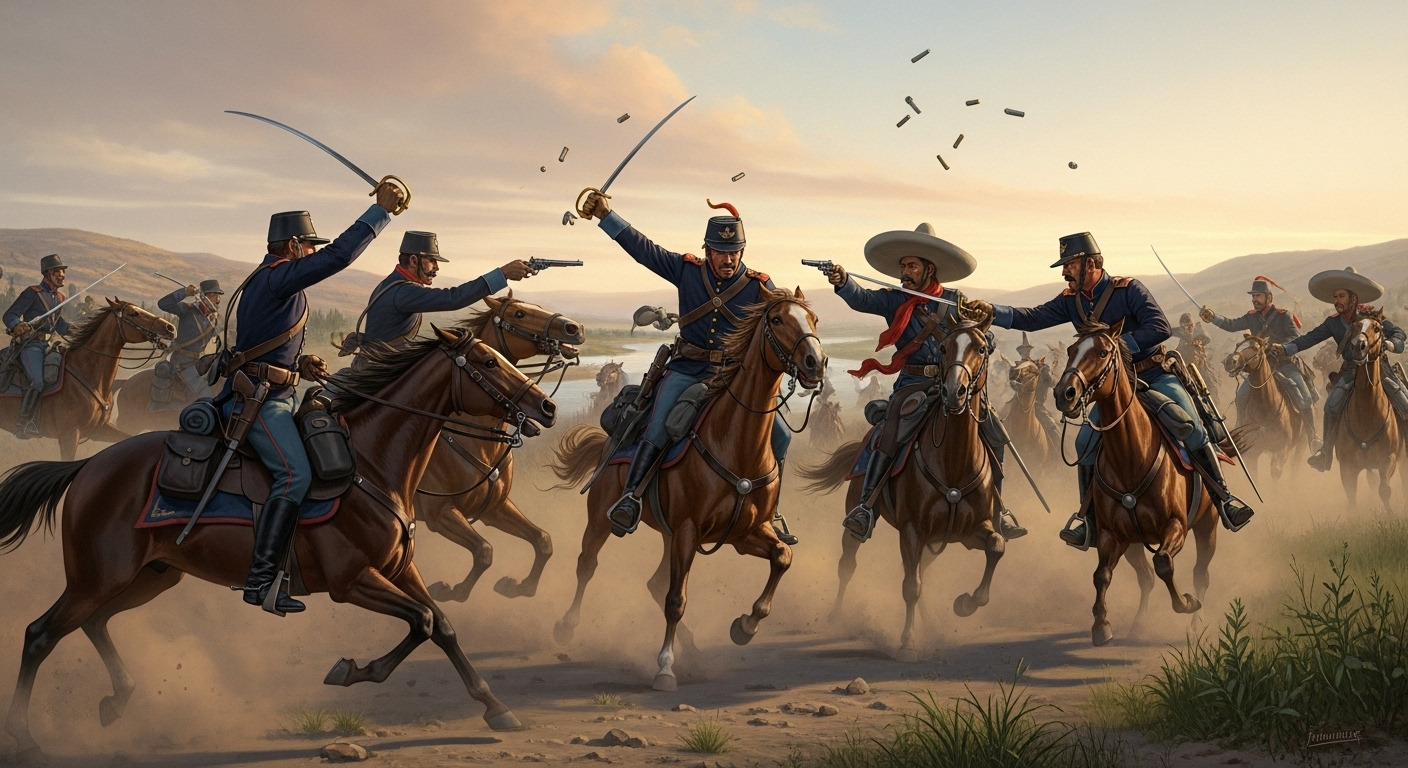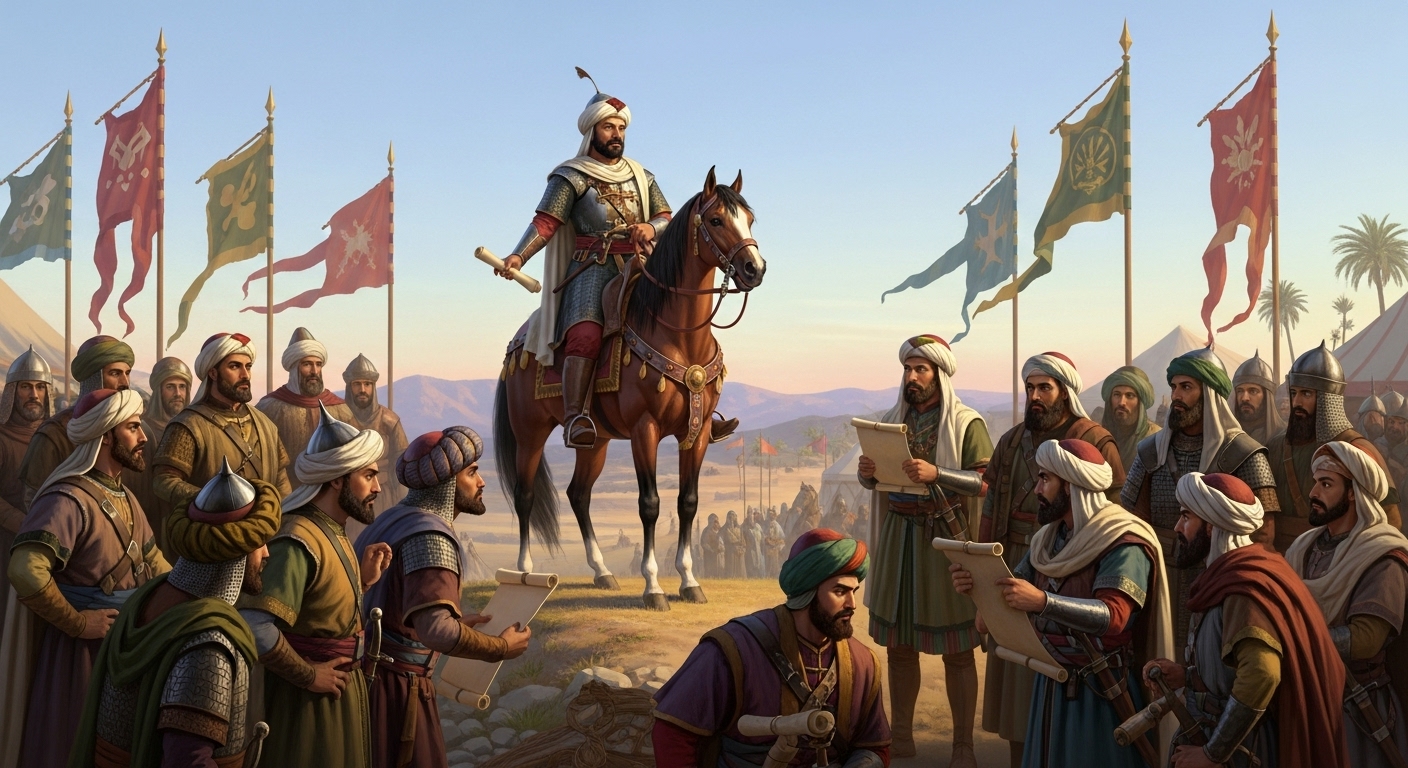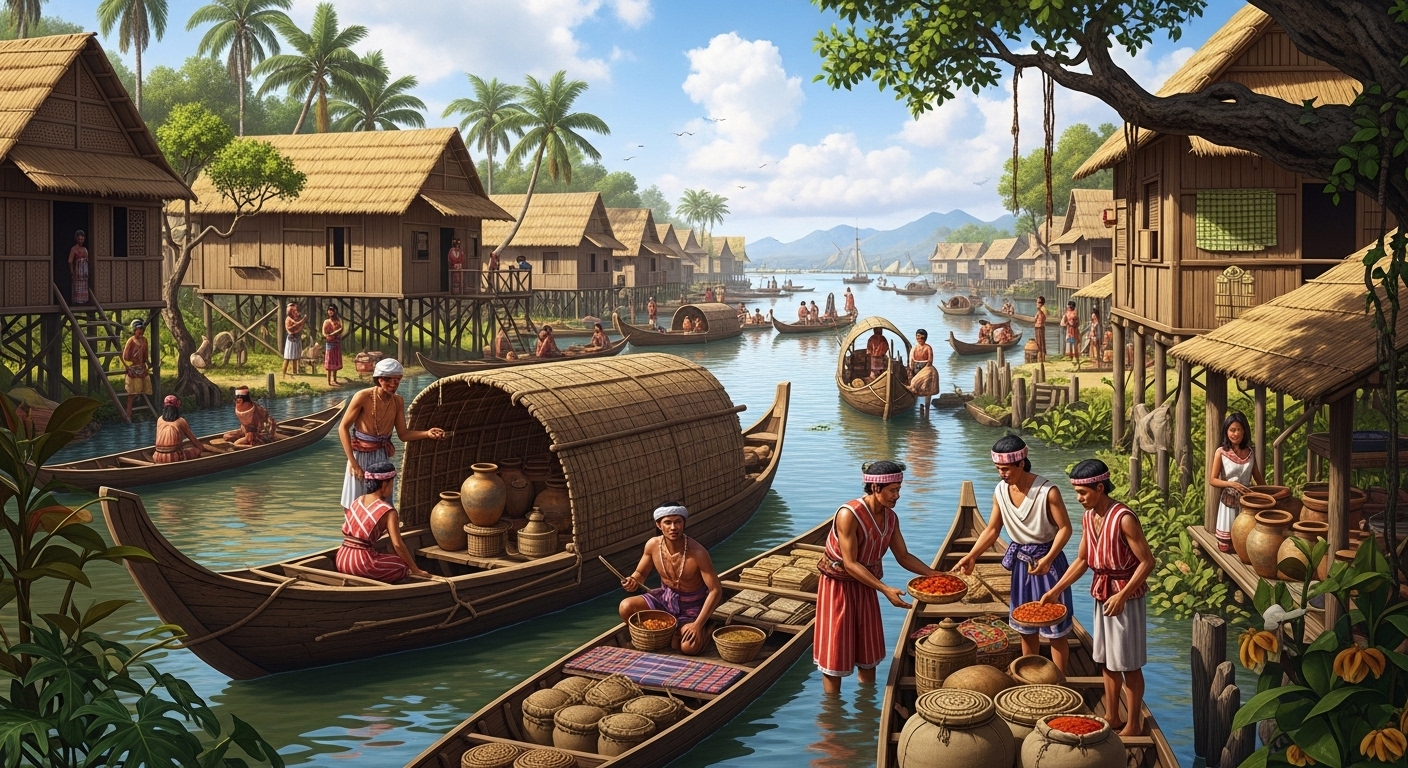From a small kingdom on the Iberian Peninsula, Portugal emerged as a formidable global power, fundamentally reshaping world maps and trade routes. Its pioneering spirit at the dawn of the Age of Exploration set the stage for an empire that would span continents and leave an indelible mark on history.
This post explores how key figures and a relentless pursuit of new trade routes propelled Portugal to vast global reach and established a complex, lasting legacy.
Prince Henry the Navigator: Igniting the Age of Exploration
The vision of Prince Henry, often known as Prince Henry the Navigator, was the driving force behind Portugal’s initial push southward along the African coast. He established a renowned center of navigation and cartography at Sagres, fostering innovation that revolutionized maritime travel.[1]
Understanding Prince Henry the Navigator impact on exploration is crucial. His patronage led to significant advances in shipbuilding, including the agile caravel, and improved navigational instruments. These innovations enabled Portuguese mariners to venture further into the unknown, discovering the Madeira and Azores islands and steadily charting the West African coast.
Vasco da Gama’s Breakthrough: The Sea Route to India
The quest for direct access to the lucrative spice markets of the East became Portugal’s paramount goal. Bypassing the Venetian and Ottoman intermediaries promised immense wealth and power.
The details of Vasco da Gama voyage to India 1498 reveal an arduous but monumental journey. He successfully circumnavigated Africa, navigating treacherous waters and establishing the first direct European sea link to Asian markets. This achievement transformed global commerce, opening an entirely new era of maritime trade.[2]
The Golden Age: Portuguese Spice Trade Dominance in the 16th Century
Following da Gama’s success, Portugal rapidly established the Estado da Índia, a formidable maritime empire. They strategically seized control of vital choke points such as Goa, Malacca, Hormuz, and Macau, solidifying their grip on the immensely profitable spice trade.
The mechanisms of Portuguese spice trade dominance 16th century relied heavily on superior naval power and a network of fortified trading posts. This dominance profoundly impacted European economies, disrupting traditional land-based trade routes and ushering in an era of unprecedented wealth for Portugal.[3]
Decline and Transformation: Challenges to Portuguese Hegemony
Maintaining such a vast and dispersed empire proved challenging. Rising competition from other ambitious European powers, particularly the Dutch and English, began to chip away at Portugal’s maritime supremacy.
The Iberian Union with Spain (1580-1640) further strained Portuguese autonomy and resources. As their Asian dominance waned, Portugal shifted its imperial focus to Brazil, intensifying its involvement in the transatlantic slave trade and sugar production.
Legacy of Portuguese Empire: Enduring Global Influence
The Legacy of Portuguese Empire extends far beyond its territorial reach, profoundly shaping the modern world. Its cultural diffusion led to the spread of the Portuguese language, Catholicism, and unique architectural styles across its former colonies, from Brazil to Angola to East Timor.[4]
Portugal’s voyages fundamentally altered global trade networks, laying the groundwork for what we now recognize as globalization. The empire also spurred significant demographic changes, creating complex, multicultural societies in its wake.
Today, the shared heritage among Lusophone countries highlights the enduring impact, a testament to the long-term Legacy of Portuguese empire global influence. This complex past includes both monumental achievements and the harsh realities of colonialism.
The Portuguese Empire, though its direct political power has faded, left an undeniable imprint on global culture, language, and the interconnectedness of nations.
Conclusion: A Small Nation’s Monumental Impact
Portugal, a relatively small nation, played a disproportionately pivotal role in global exploration and trade. Its intrepid mariners and visionary leaders connected distant continents, igniting an age of discovery that forever changed human history.
Summarizing the lasting contributions and complex heritage of the empire reveals a narrative of ambition, innovation, and profound global transformation. The Portuguese Empire’s place in world history is secured as a primary catalyst for the modern, interconnected world.
Learn more about this fascinating history by watching the video below:
References
- [1] Prince Henry the Navigator: Architect of the Age of Discovery
- [2] Vasco da Gama’s Route to India: Reshaping Global Commerce
- [3] The Estado da Índia: Portuguese Commercial Empire in Asia
- [4] Global Footprint: The Lingering Influence of the Portuguese Empire


